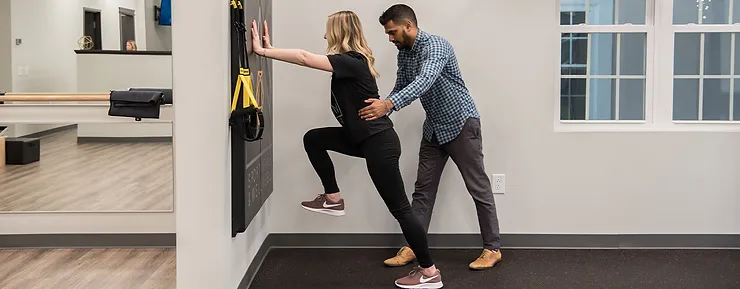What is a “Functional Movement Screen” and how is it used clinically?

A functional movement screen is a more recent approach to understanding movement. The general idea of a movement screen is the resulting limitation(s) will give a provider more insight on what muscle is not operating well or what part of the body is out of alignment. Most of this application is in wellness or sport, but, are there ways to use it clinically?

The initial problem with the functional movement screen is that it hasn’t been, by itself, proven to reduce injuries. There are correlations, but the scoring has too much human error input into the scoring (inter and intra). It has been shown to improve performance and that has been its point of initial use . For that reason alone, people in the clinical setting often don’t pay much attention to functional movement screenings.
The only use clinically for any functional screening is using an unbiased technology. You must remove human error and use measurement devices more sensitive than the eye. This allows for more dynamic data analysis and a more robust review of human movement. Scientifically, this is connecting the dots between human movement limitations and injury prediction and avoidance. It allows providers to see everything that even a trained eye can miss.
Functional movement screenings can be used in a clinical setting… with a clinical level device.
Recent Posts

Hospital For Special Surgery (HSS): Celebrating 3 years with DARI!

Client Shoutout! Hospital for Special Surgery (HSS)
